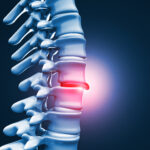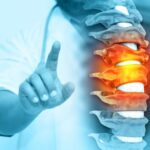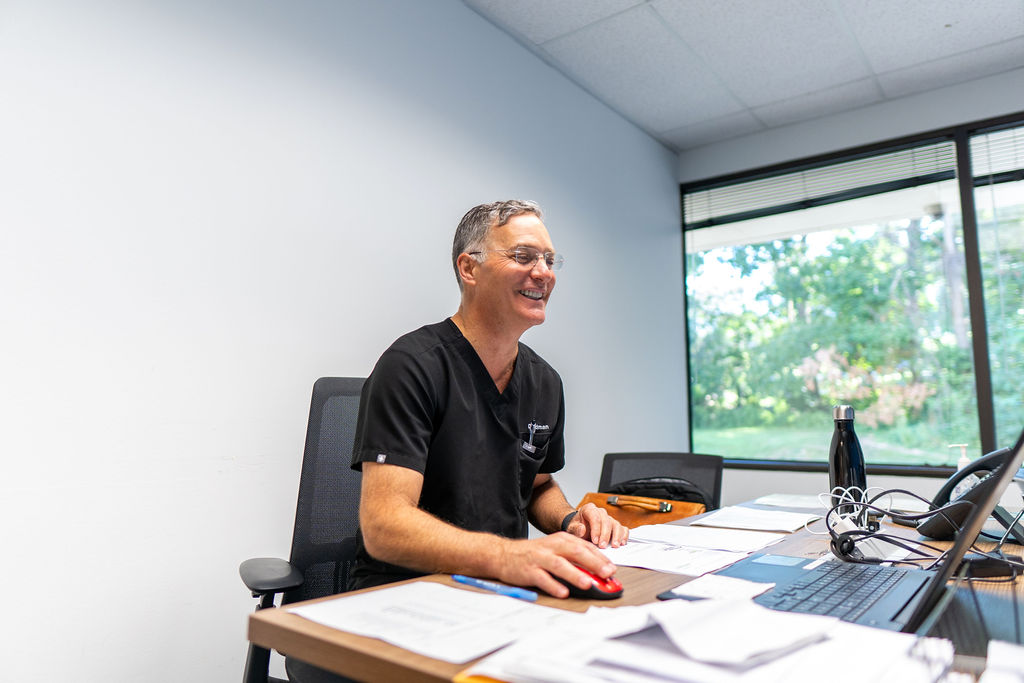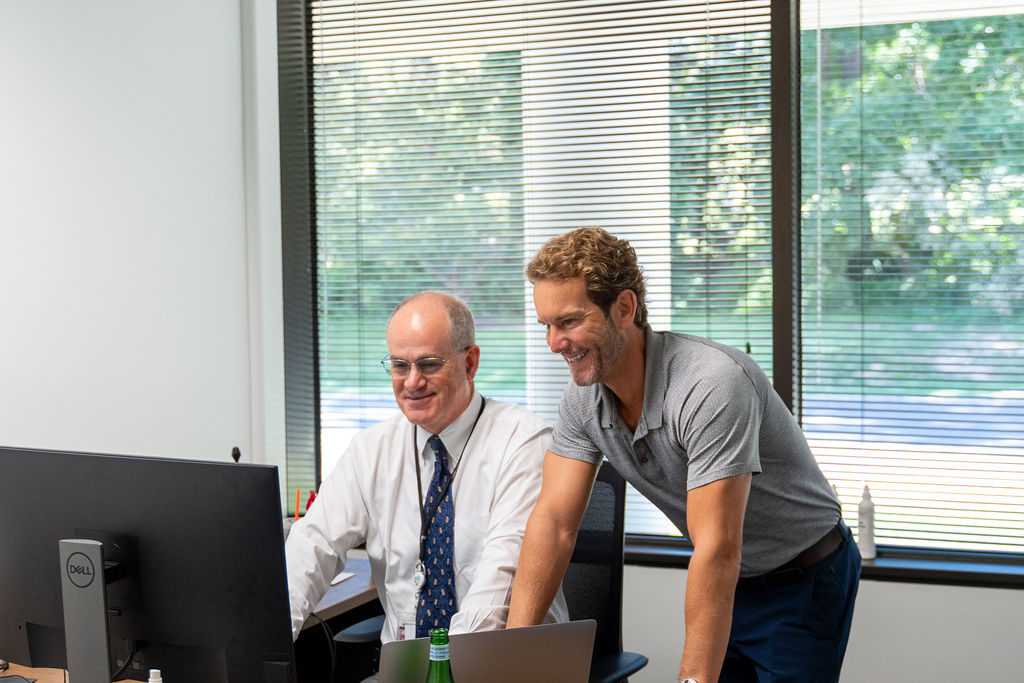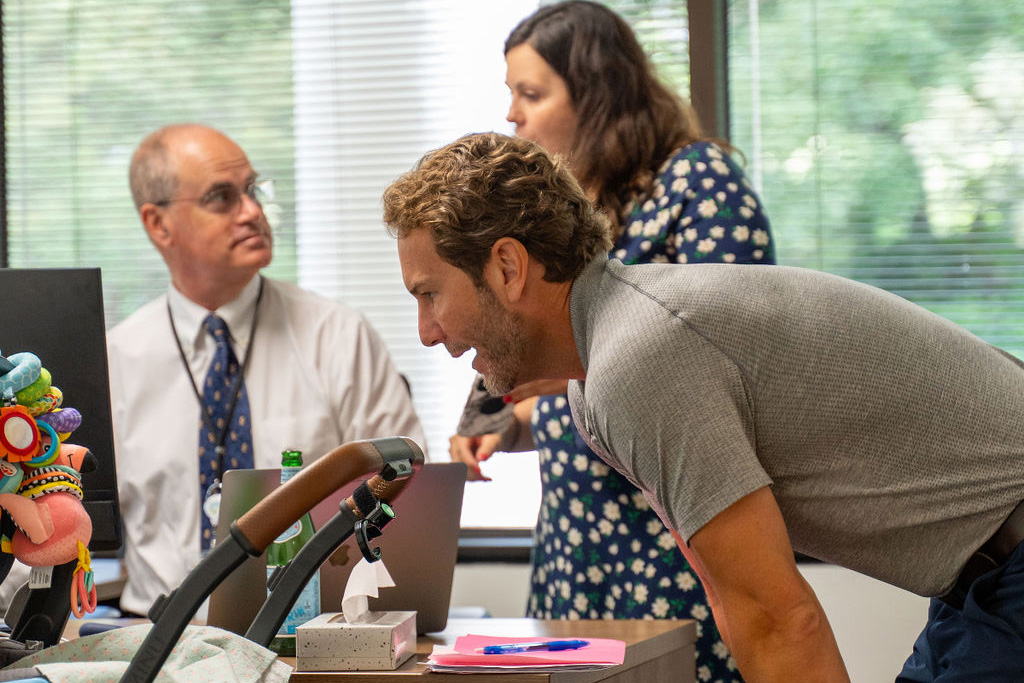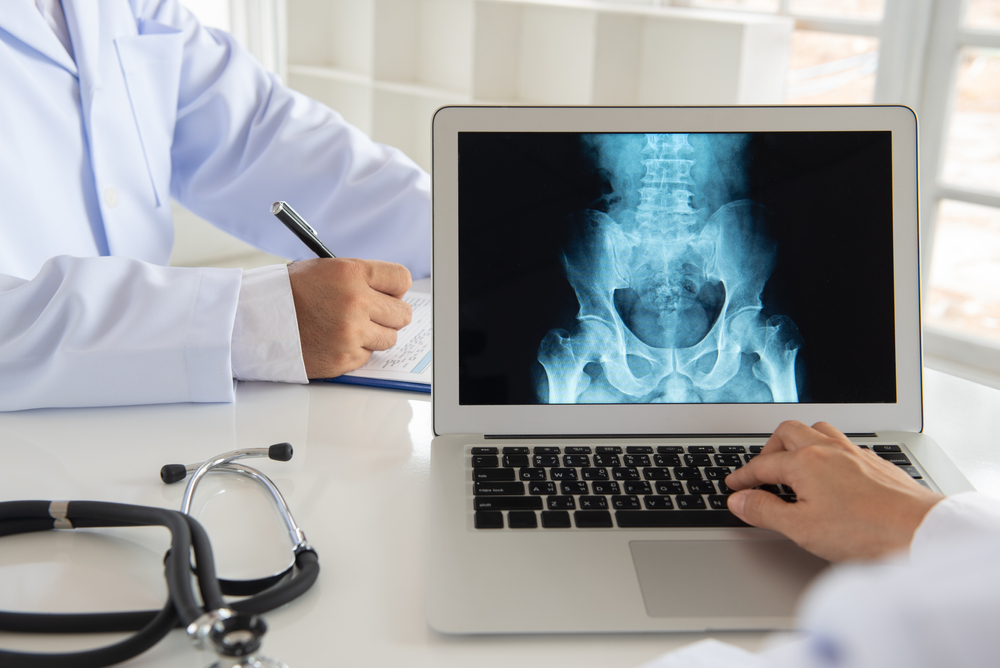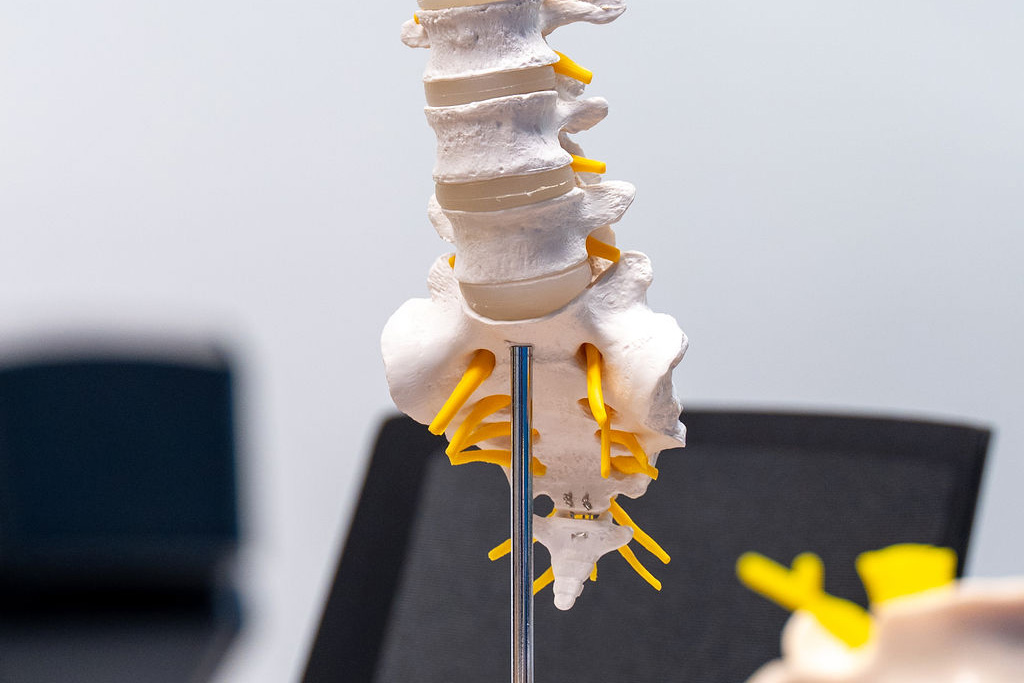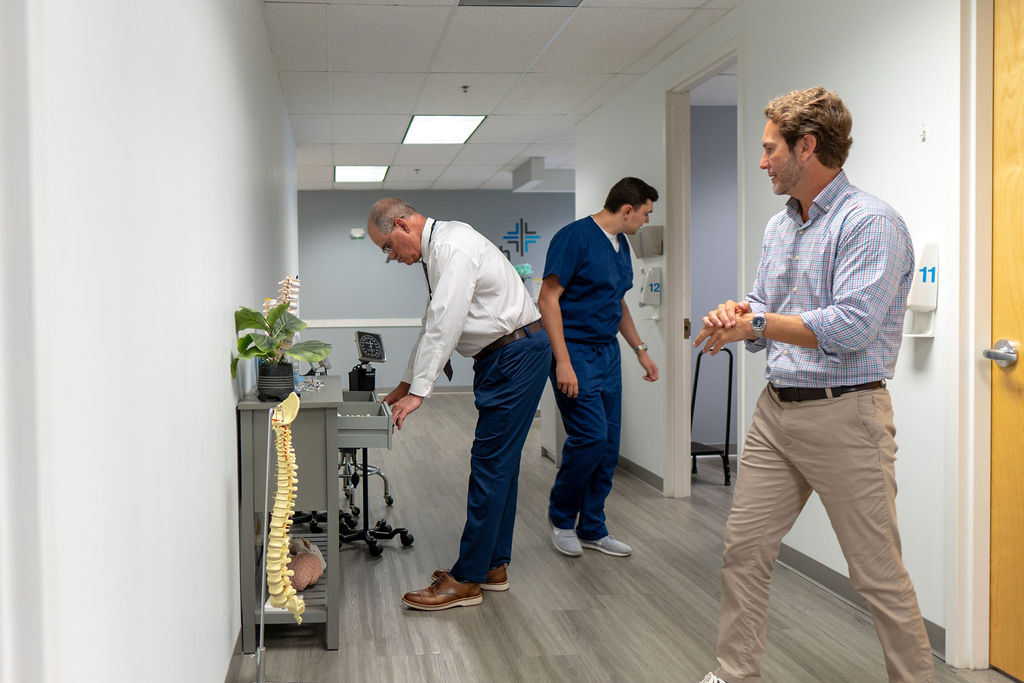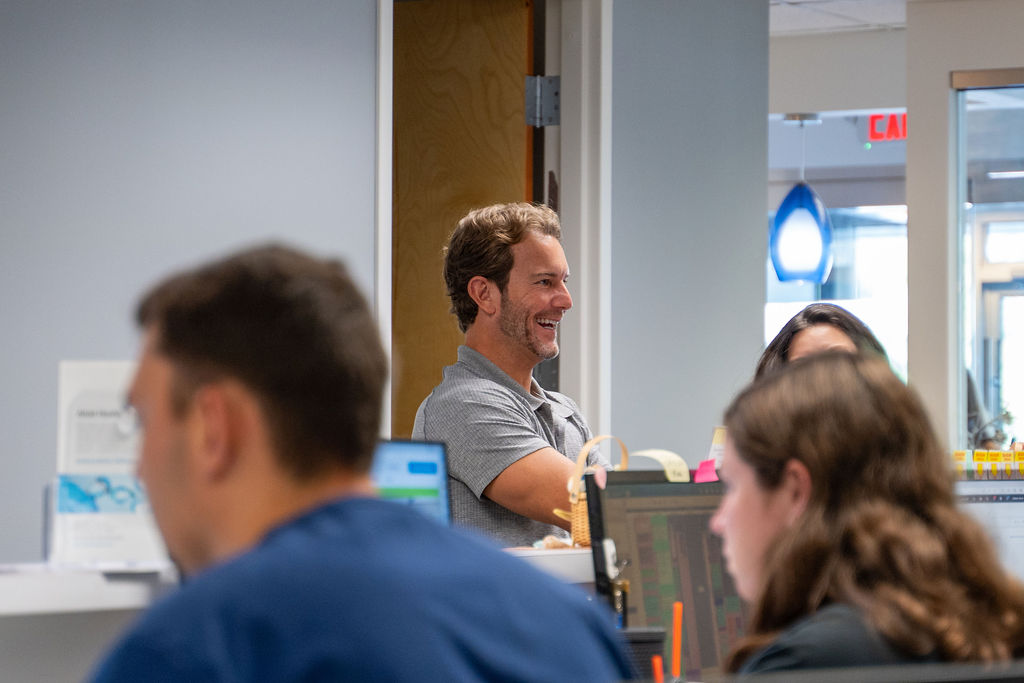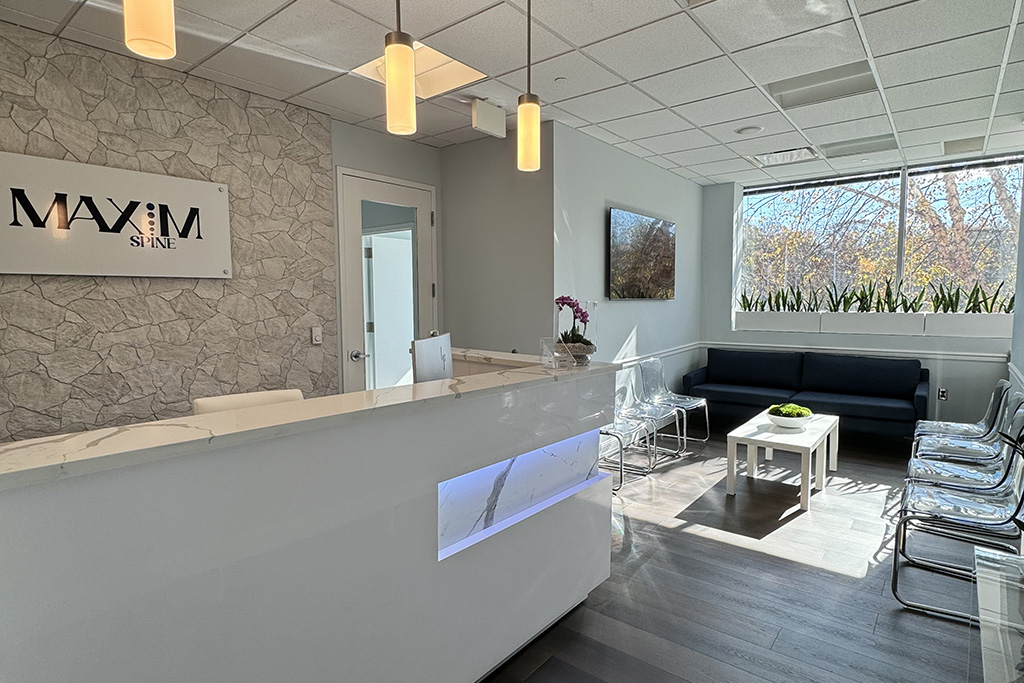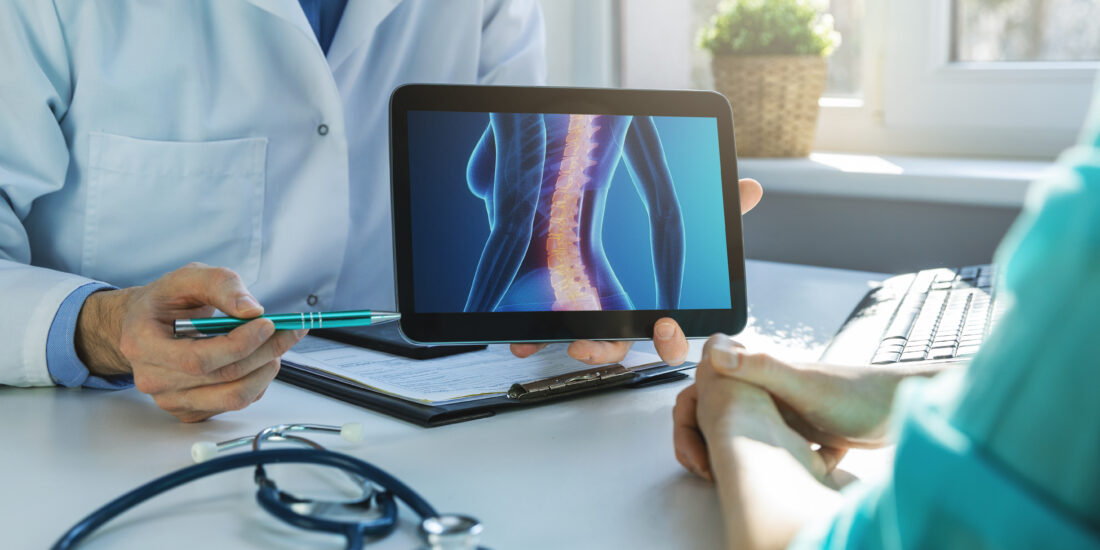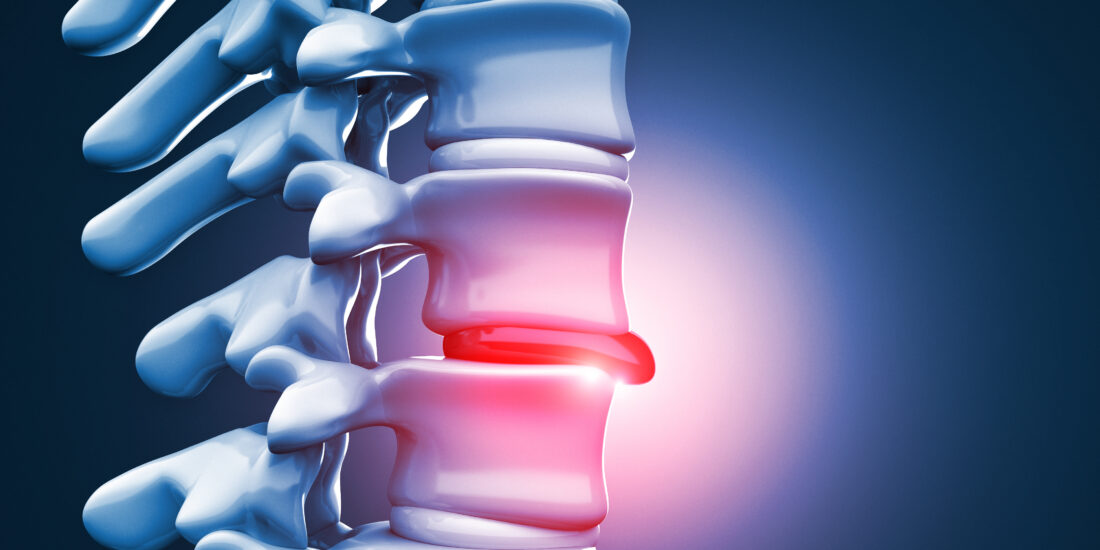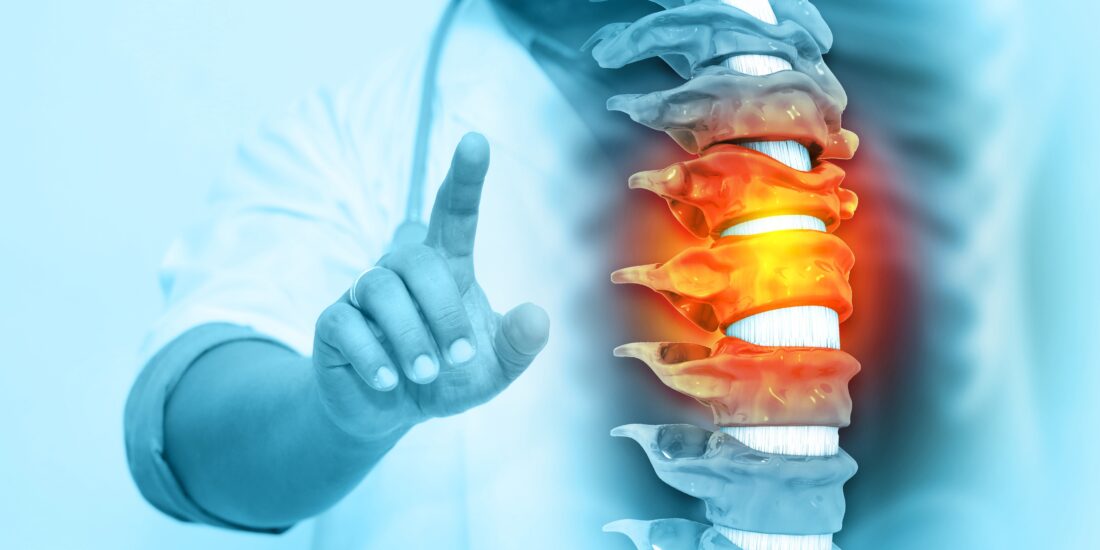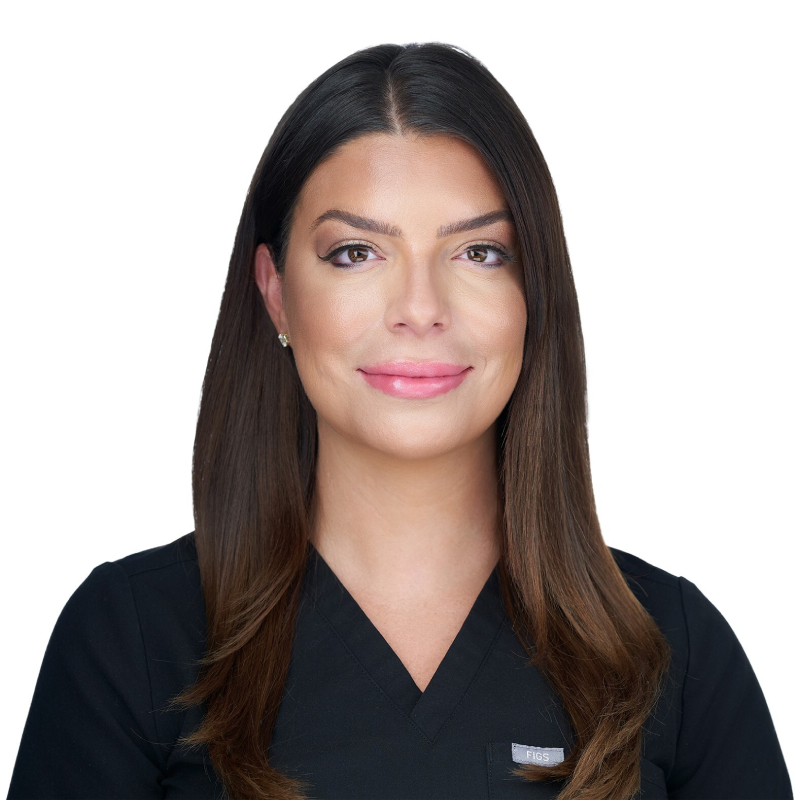
Achieve Optimal
Wellness With Maxim Health
A groundbreaking innovative approach to spinal and neurological disorders that focuses on putting our patients first. MAXIM Spine focuses on a collaborative team approach when treating our clients. Together, we can optimize your surgical journey and maximize client outcomes.

Patients Treated

Performed Spine Surgeries

Pain Injections

Avg Years of Experience
Our Office
Cervical Conditions &
Procedures
The cervical spine, comprising seven vertebrae labeled C1 to C7, is a critical component of the spine located in the neck region. Its primary function is to support the head, allowing for a broad range of movements such as rotation, flexion, and extension. Common conditions affecting the cervical spine include cervical spondylosis, herniated discs, and cervical radiculopathy. Diagnostic tools such as X-rays, CT scans, and MRI are employed to assess the structure and diagnose issues.
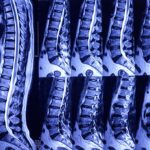
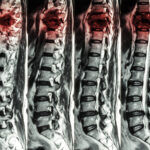
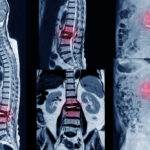
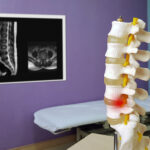
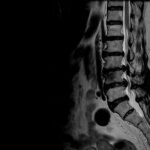

Conditions
- Herniated Disc
- Neck Pain/Stiffness
- Headaches
- Cervical Stenosis
- Myelopathy
- Radiculopathy
- Kyphosis
Procedures
- Cervical Arthroplasty / Cervical Disc Replacement
- Posterior Cervical Laminectomy/ Fusion
- Minimally Invasive Cervical Laminoforaminotomy
- Cervical Laminoplasty
- Chiari Decompression
Conditions
- Compression fractures
- Thoracic Stenosis
- Thoracic Neuropathy
- Thoracic Spondylosis
- Myelopathy
- Radiculopathy
- Kyphosis
Procedures
- Thoracic Fusion
- Thoracic Minimally Invasive Laminectomy/ Microdiscectomy
Thoracic Conditions &
Procedures
The thoracic spine encompasses the middle portion of the vertebral column, consists of twelve vertebrae labeled T1 to T12 and is positioned between the cervical and lumbar regions. This section of the spine plays a crucial role in providing stability to the upper body and supporting the rib cage. The thoracic vertebrae are unique in structure, with each vertebra attached to a pair of ribs, contributing to the protective enclosure of vital organs such as the heart and lungs. The thoracic spine allows limited flexibility compared to the cervical and lumbar regions, primarily focusing on rotational movements. Intervertebral discs between each pair of vertebrae function as shock absorbers, aiding in weight-bearing and maintaining spinal alignment. Nerves originating from the thoracic spine extend to various organs and tissues, influencing sensory and motor functions. Common conditions affecting the thoracic spine include vertebral fractures, herniated discs, and degenerative disc disease.






Lumbar Conditions &
Procedures
The lumbar spine, situated in the lower back, is composed of five large vertebrae labeled L1 to L5. This region of the spine is responsible for providing support to the upper body, facilitating a range of movements, and bearing a significant portion of the body's weight. The lumbar vertebrae are characterized by their robust structure, reflecting the demands placed on this part of the spine. Intervertebral discs between each pair of vertebrae act as shock absorbers, aiding in flexibility and distributing pressure during activities such as walking and lifting. The lumbar spine allows for various movements, including bending forward (flexion), extending backward (extension), and twisting (rotation). Nerves originating from the lumbar spine extend to the lower limbs, influencing sensation and motor control. Common conditions affecting the lumbar spine include herniated discs, spinal stenosis, and lumbar radiculopathy.






Conditions
- Lumbar Stenosis
- Sciatica
- Piriformis Syndrome
- SI Joint dysfunction
- Scoliosis
- Myelopathy
- Radiculopathy
- Kyphosis
Procedures
- Minimally invasive Microdiscectomy
- Minimally Invasive Laminectomy/ Foraminotomy
- Lumbar Fusion
- Transforaminal Lumbar Interbody Fusion (TLIF)
- Anterior Lumbar Interbody Fusion (ALIF)
- Lateral Lumbar Interbody Fusion (LLIF or XLIF)
- Lumbar Disc Replacement
- Scoliosis Correction
- Intradural Tumor Resection (Cervical, Thoracic or Lumbar)
- Sacroiliac Joint Fusion (SI Joint)
- TOPS System
Recent Blogs
-
Cervical Disc Fusion
How Does Cervical Disc Fusion Work: Everything You Need to Know Are you or someone you know about to undergo a cervical disc
-
Living with Back Pain
Why are You Living with Back Pain? If you're living with back pain, you're not alone. A while back, the International Association for
-
Spine Surgeon
Do You Need a Spine Surgeon? Asking yourself whether you need a spine surgeon is a big deal. And a lot must’ve happened
Meet Your Providers
MAXIM Spine focuses on a collaborative team approach when treating our clients. Together, we can optimize your surgical journey and maximize client outcomes.
John Knightly, MD, FAANS
Spine Surgery
John Knightly, a long-standing member of the medical staffs at Morristown Memorial Medical Center and Overlook Medical Center, is a practicing neurosurgeon with 30 years of experience and a subspecialty interest in minimally invasive and complex spine surgery.
Dr. Malhotra is quadruple board-certified in electrodiagnostic medicine, neuromuscular medicine, brain injury medicine and physical medicine and rehabilitation (PM&R) – also known as “physiatry.”
Scott A. Meyer, MD, FAANS
Spine Surgery
Dr. Meyer founded Maxim Spine to provide a unique approach to the care of patients with spinal disorders. As an active person Dr. Meyer understands the importance of being able to do what you love and tailors the care plan to each patient’s individual goals.
Joseph Rempson, MD
Physical Medicine and Rehabilitation
Dr. Rempson is an expert in the area of Physical medicine and rehabilitation and is the Chief of the Department of Rehabilitation at Overlook Hospital in Summit, NJ.
Michael Rudman, MD
Interventional Pain Management
Named one of the “Best Doctors in America” and recognized yearly for over two decades as one of New Jersey’s “Top Pain Management Doctors,” Dr. Rudman has been an attending staff pain physician and anesthesiologist since 1992.
Terrence Welsh, MD
Interventional Pain Management
Dr. Welsh combines the latest in evidence-based medicine, interventional techniques and interdisciplinary care to treat a wide range of chronic and acute pain – and improve quality of life for his patients.
Richard Winne, MD
Interventional Pain Management
With more than 25 years of clinical experience, Dr. Winne has treated thousands of patients with a wide range of painful disorders using a combination of traditional and cutting-edge therapeutic options.
Jonathan J. Lee, MD
Spine Surgery
Dr. Jonathan Lee, MD, is an emerging leader in the field of neurosurgery, specializing in spine surgery with a keen focus on minimally invasive techniques.
Mousa Hamad, MD
Spine Surgery
Dr. Mousa Hamad is a fellowship-trained neurosurgeon specializing in minimally invasive and complex spine surgery and spinal oncology.
Megan Filoramo APN-C
Pain Management Nurse Practitioner
Megan Filoramo is a nurse practitioner with two decades of experience in the field of pain management.
Monica Kleban DNP
Nurse Practitioner
I am Monica Kleban, I am a ANCC board-certified Adult-Gerontology Acute Care Nurse Practitioner (AG-ACNP) specializing in neurosurgical patient care since 2016.
Gina Rizzo APN-C
Nurse Practitioner
My name is Gina Rizzo, I am an advanced practice nurse with extensive experience treating patients with spinal and other neurologic disorders.
Kimberly Leinker APN-C
Pain Management Nurse Practitioner
Kimberly Leinker is a board-certified nurse practitioner with over 18 years of nursing experience. Kimberly obtained her Bachelor of Science in Nursing with a minor in psychology from the University of Scranton.
Brielle Cook APN-C
Nurse Practitioner
My name is Brielle Cook, I am a Board Certified Acute Care Nurse Practitioner with an extensive background in treating patient’s with multiple neurological and neurosurgical disorders.

